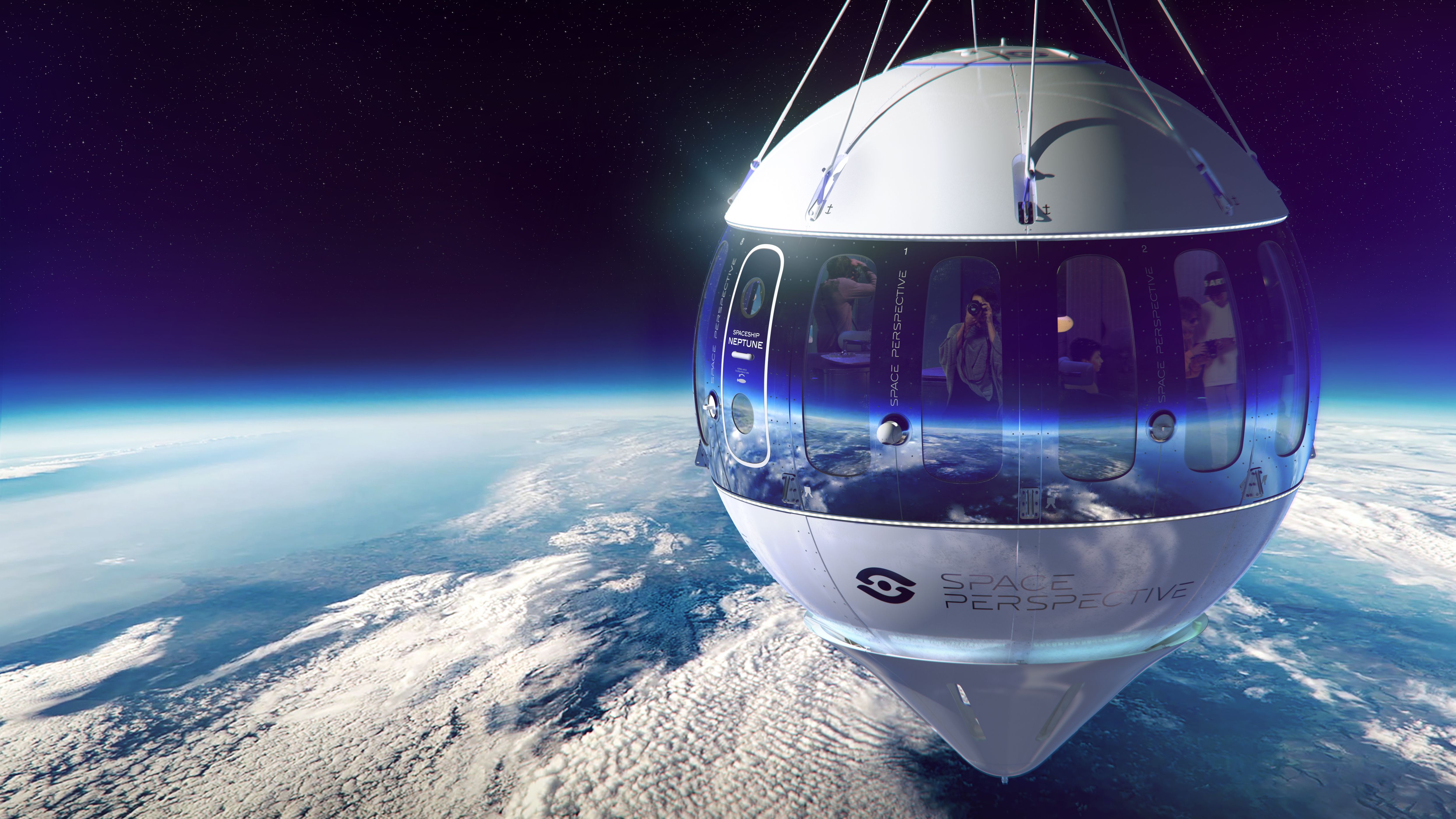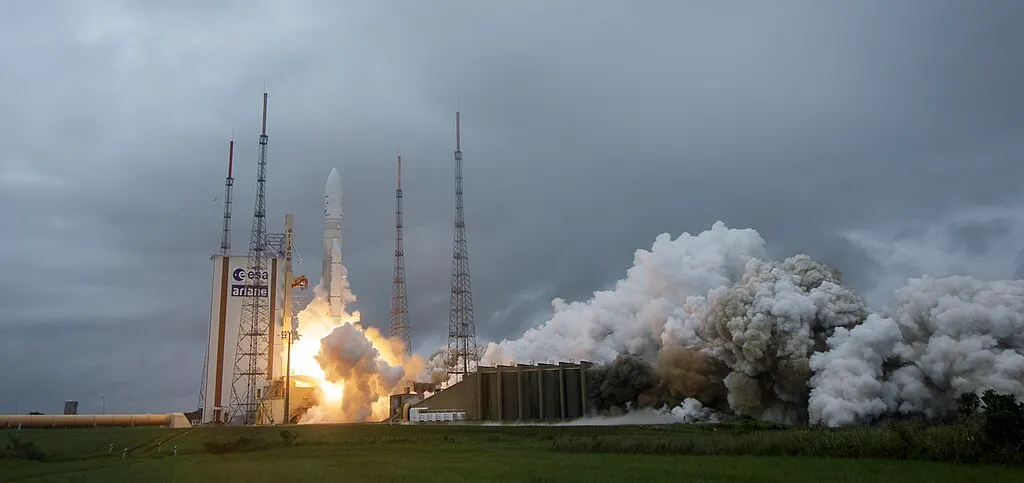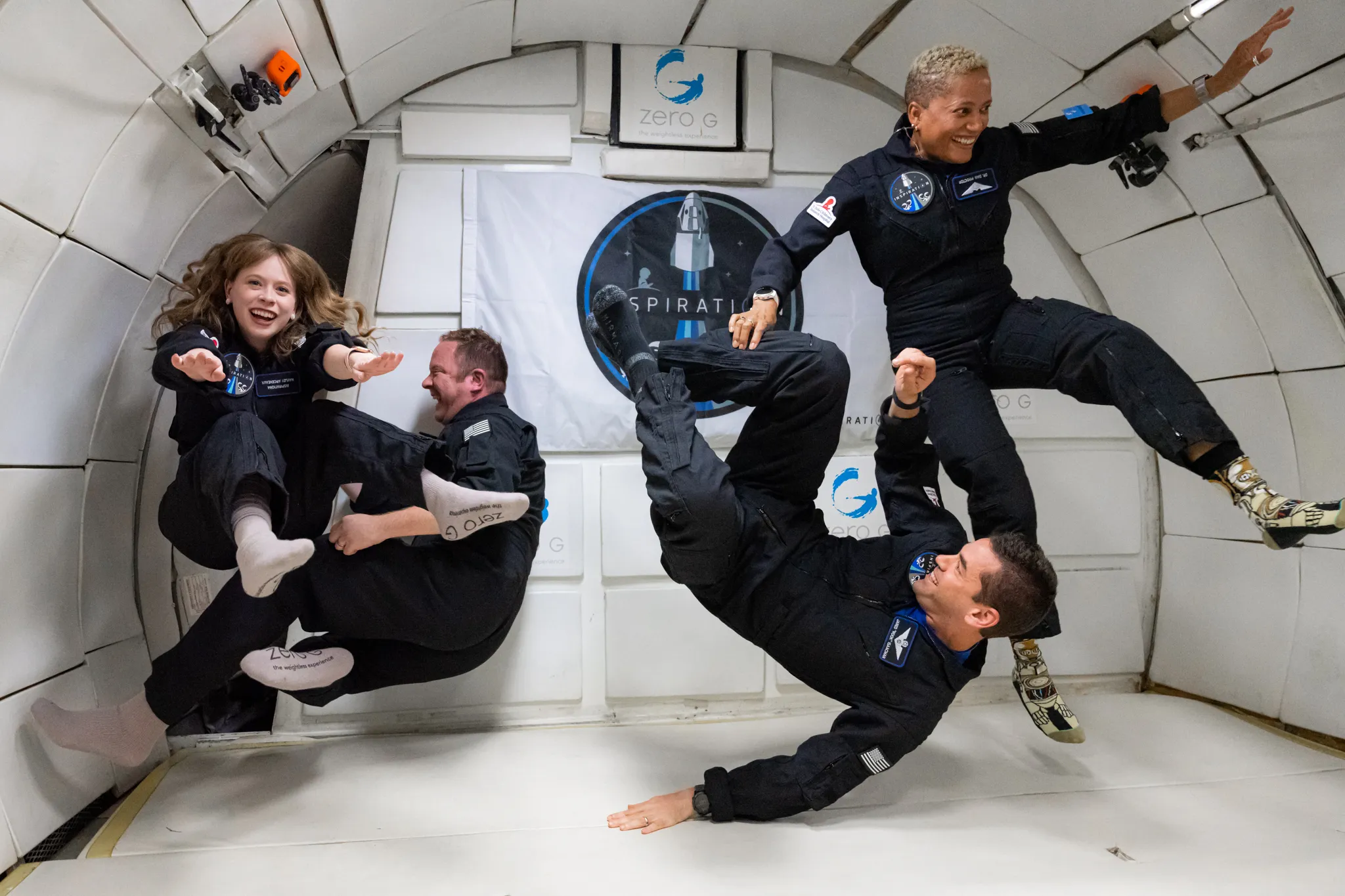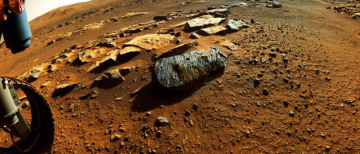What was once just a dream for astronauts and characters in science fiction is now one step closer to becoming a reality for civilians, space travel. The days of fantasizing about space tourism being novel and fantasy of few groups of people are gone, as privately owned companies launching successful mission and persuade wealthy tourists to pay their money for the privilege of viewing their Earth from the cosmos.

A New Space Age
Space commercialization has been widely accelerating in the last ten years, largely fueled by the ambitions of private companies such as SpaceX, Blue Origin, and Virgin Galactic and others. All them have greatly advanced space tourism, and the doors of reaching space travel opened for non-professionals as well. Elon Musk's company SpaceX, has spearheaded making space travel affordable and accessible. As far back as 2021, it had launched its first ever fully private space mission called Inspiration4, that orbited Earth for three days. SpaceX projects the possibility of orbital trips and long-term goals include the use of humans to land them on the moon and Mars. Blue Origin, a space exploration company owned by Amazon founder Jeff Bezos, had sent its first crewed mission into space, launching Bezos and three others beyond the Kármán line, the boundary of space. At around 11 minutes, the flight meant a historic step in commercial suborbital space travel. A similar company, Virgin Galactic founded by Richard Branson. In July 2021, it was successfully flown by its founder himself as the pilot aboard the VSS Unity, a spacecraft for sub-orbital trips. Virgin Galactic has already collected over $600 bookings with an estimated ticket price of around $450,000 per customer.

To date, as of 2024, space tourism remains in its infancy, only a handful of high-profile flights have taken place so far. However is rapidly growing, and in 2022 SpaceX launched Axiom Mission 1 with four private astronauts aboard the International Space Station (ISS) in collaboration with Axiom Space. This was the first commercial mission to the ISS, and it has paved the way for an eventual future where private companies undertake space tourism ventures and collaborate with space agencies for developing a robust space economy. Companies are now stretching beyond suborbital flight to develop long-duration orbital travels. SpaceX Starship is designed to take humans around the Moon and beyond. Axiom Space also aspires to establish the first commercial space station by 2030. With companies emerging, the orbital tourism market will become a multi-billion-dollar industry, estimates suggest that it may reach up to $14 billion yearly by 2030.

Challenges and Concerns
Well, space tourism is interesting, but there are quite a number of very important questions that come out of it:
1. Environmental Impact
Rocket launches, though sparse now, have serious environmental consequences if they are regularized. One launch of Virgin Galactic's spacecraft emits approximately 60 tons of carbon dioxide. With the increase in flights, it may seriously disturb the Earth's atmosphere and the stratosphere, which may take more years to retrieve. A 2022 Earth's Future publication suggested that if the space tourism industry continues to proliferate in an uncontrolled manner, it would leak the ozone layer and pave its way for global warming.
2. Availability and Price
Space tourism is currently accessible only to ultra-rich. The ticket prices from Virgin Galactic run as high as $450,000, and trips to the ISS for SpaceX missions could run into tens of millions of dollars. But this exclusivity does pose ethical questions of whether space travel is a privilege for the few or something that will be much more accessible to people in the future. Critics go as far as saying that it is wasting resources and calling much-needed attention to things such as global poverty, healthcare, and climate change.

3. Safety Concerns
Space travel is dangerous in itself. Though the missions conducted so far have been successful, the chances of accidents cannot be ruled out. However, the dangers involved can be seen with the 2014 test-flight crash of Virgin Galactic, which resulted in one pilot's death. Safety of passengers needs to be taken as the top priority in moving ahead with the industry.
4. Space Debris
The number of satellite launches in space also raises the number of debris issues. As more satellites and spacecraft enter Earth orbit, the probability for collisions poses a hazard to crewed as well as uncrewed missions. Over 36,500 pieces of space debris larger than 10 cm are orbiting Earth according to the European Space Agency. This enormous rise in space junk demands proper management to ensure sustainability in traveling into space.
Space Tourism in the Future
Despite these challenges, the future of space tourism has promising outlooks. Increased innovation may drop the costs of traveling into space and make it less expensive for more extensive access. The Starship from SpaceX and Virgin Galactic's spacecraft are designed with an intention of regularizing flights such that there will be more chances for people beyond billionaires to be space tourists. Recent improvements in reusable rockets, popularized by the Falcon 9 of Space X, are making space travel less environmentally degrading. With an expanding industry, innovation and regulation will most likely help it find better, more sustainable, and much safer practices.

Are We Ready for the Commercialization of Space?
The question is no longer if commercial space travel will happen, but when. We’ve already seen success with private companies sending tourists to space. However, society now needs to carefully consider the benefits of space tourism and the challenges it brings. Key areas to focus on include environmental sustainability, safety, accessibility, and the growing problem of space debris. The industry must work to improve in these areas as it continues to develop.
Inputs by Agencies
Image Source: Multiple Agencies
Ⓒ Copyright 2024. All Rights Reserved Powered by Vygr Media.


























